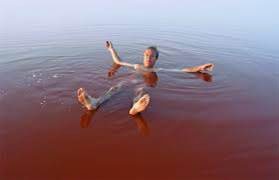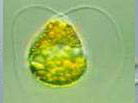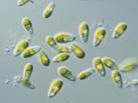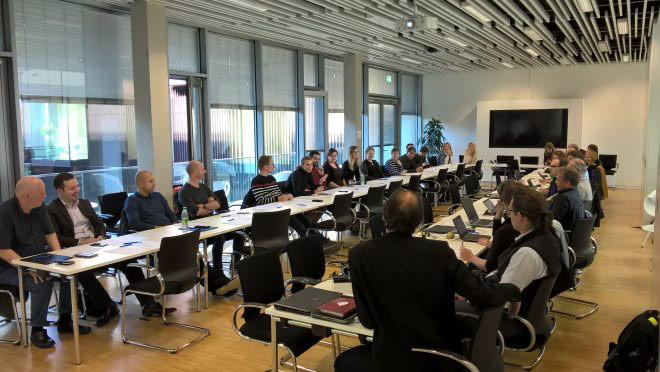Welcome to our Water Institute December bulletin
DCU Water Institute have been busy amassing multiple projects since our official university recognition as a research centre at the end of 2015! We now have over 30 Principle Investigators, including new members from St Patrick’s College, who provide us with vital expertise in the area of Hydrology, Hydrogeology and Ecology. We have amassed over €3 million in projects since the start of the year, and are enjoying a massive growth phase. We founded our advisory board this month, comprising of key players from industry and agency in the water space, both nationally and internationally. Together, we are working to drive our ambitious strategy to became the national lead in water research. Below, is a snapshot of some of the work being carried out to date.
Energy Systems Integration Project
Our researcher Dr. Lisa Jones attended both a COST action management in November, a working group meeting and a Non-Target Screening workshop in Munich. The first half of the week marked DCU Water Institute’s attendance at the 4th MC meeting of COST Action ES1307 ‘Sewage biomarker analysis for community health assessment’. The following working group meetings furthered the DCU Water Institute’s involvement in the work below:
WG1 – Sewage biomarkers analysis: methods and technology
WG2 – Innovative techniques for community health assessment
WG3 – Integration with epidemiology and social sciences
Our ongoing work with this COST action as well as our collaboration with Dr. Rolf Halden (Arizona State University) are key to the success of our current EPA project, led by Water Institute PI Jenny Lawler, on ‘Potential Sources and Environmental Fate of Certain Phthalates’.
The second half of the week was spent at the ‘SWEMSA 16’ worksop looking at ‘Non-Target Screening embedded in (Open Access) Platforms and Multidisciplinary Links’. This Workshop aimed to together international leading scientists from the NORMAN initiative, ESSEM COST Action ES1307, ESSEM COST Action ES1202, NEREUS-COST Action ES1403 and many other international consortia.Participants from these consortia and various other disciplines like chemistry, food, forensic, informatics, toxicology and instrumental analysis jointly discussed the latest developments.
Exemplar Project
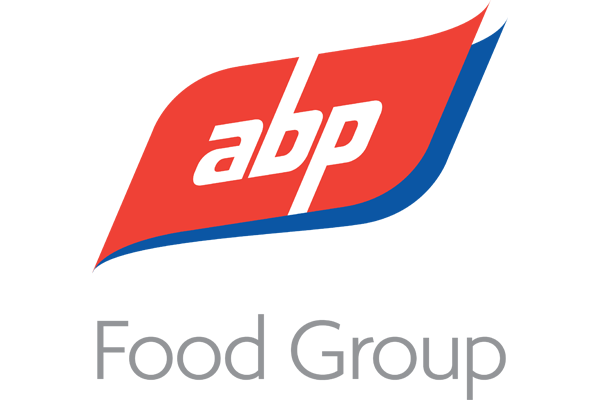

This two-year project, co-funded by Enterprise Ireland and ABP Food Group, provides DCU Water Institute with infrastructure and unique test-bed facilities for investigating a number of new technologies, retro-fitting technologies and translating technologies from other areas into the beef production domain.
This project aims to improve the treatment of waste water in meat processing plants in a sustainable, environmentally-friendly and cost efficient manner. This will be achieved through four related interdisciplinary sub-projects. The EXEMPLAR project proposed here, combines expertise from a number of PI’s (Fiona Regan, Brid Quilty, Yan Delaure, Lorna Fitzsimons, Jenny Lawler) and 3 Post Doctoral Rearchers, (across 4 schools in two faculties), working together with John Durkan, Environmental and Sustainability Manager of the ABP Food Group, and his team. This project highlights the multi-disciplinary research capabilities of DCU Water Institute.
Saltgae Project
Dr Yan Delauré, Dr Lorna Fitzsimons and Prof Fiona Regan of the DCU Water Institute along with 18 international research partners are setting out to demonstrate the efficacy of High Rate Algae Pond technology as an eco-innovative solution for the treatment of waste water. This €9.8M demonstration project funded under the Societal Challenge Pillar of the H2020 framework program will target the sub-sector of the Food & Drink industry which deals with brine products. The large content of biodegradable matter and high salt levels typically found in this type of waste stream requires complex sequences of physicochemical and biological treatment processes to meet increasingly stringent EU standards for the management and protection of the water environment. Associated costs, for the 15,000 European SMEs involved in the sector, are estimated at €4.46 billion and can represent up to 14% of the companies’ annual turnover. This is often perceived as unaffordable and non-compliance presents major environmental risks.The solution will be based on the synergestic use of halotolerant micro algae and bacteria. A modular technology platform will be developed to address inefficiencies at and extract value from all stages of the treatment process. The workpackages will explore novel technologies and solutions for the valorization of the process by-products ranging from pre-processing sludges and HRAP liquid effluents to HRAP algae biomass. The technology will be integrated at three large scale pilot sites to demonstrate its sustainability and business viability. The DCU Water Institute will contribute to all workpackages and will coordinate research and development on effluent valorization through desalination. This will include research on desalination from Electrodialysis and Reverse Osmosis with novel pumping and energy recovery solutions.
